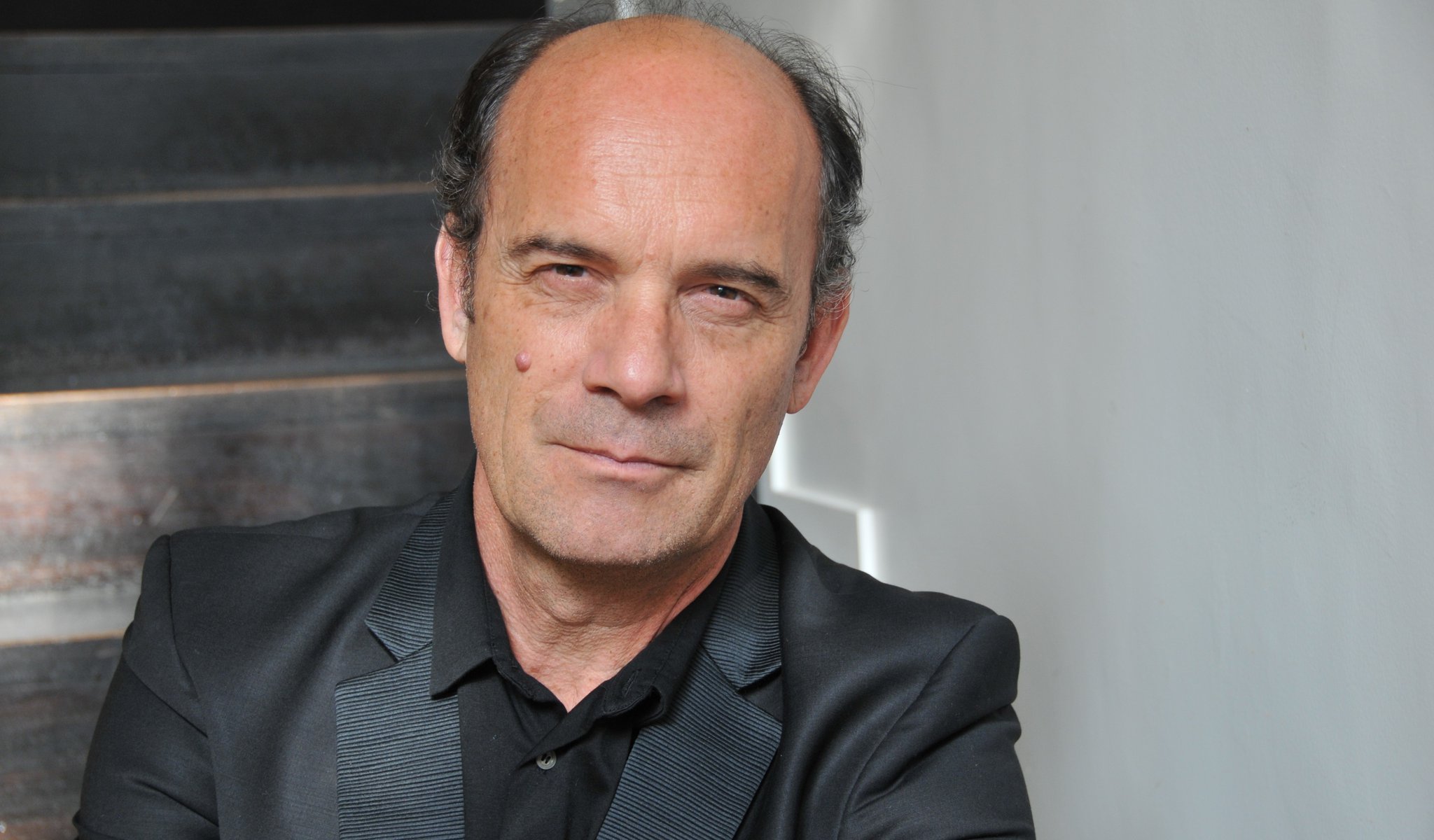
Program
Johann Sebastian Bach (→ bio) – Anton Webern:
Musikalisches Opfer – Ricercar a 6
Luigi Dallapiccola:
A Little Night Music
Five Fragments of Sappho (Greek Poems I)
Two Anacreon Songs (Greek Poems II)
Six Alcaeus Songs (Greek Poems III)
INTERVAL
Pierre Boulez (→ bio):
Mémoriale
György Ligeti (→ bio):
Chamber Concerto
Featuring
Other information
The event is about 2.5 hours long.
About the event
There is no use sugar-coating it: contemporary music is not always easy to enjoy. Exploring its strata is often more complicated than in the case of “old” music. Nevertheless, this is a fascinating world. The good news is that performance really matters. The Festival Orchestra, which feels at home in the contemporary repertoire, will be directed by the multi-talented Franck Ollu, a real expert of modern music and conductor of several opera premieres, who captivated a Guardian critic with his performances of Boulez, and who has also conducted Dallapiccola earlier. All this will surely render Bach reimagined, the Greek songs performed by Christel Loetzsch or one of the greatest Hungarian composers of the late 20th century, György Ligeti more enjoyable.
Bach inscribed “Regis Iussu Cantio Et Reliqua Canonica Arte Resoluta” (the theme given by the king, with additions, resolved in the canonic style) in the title page of his composition entitled Musikalisches Opfer. The first letters spell out the word ricercar. Ricercar a 6 is the most complex part of the grandiose thirteen-movement composition; it was orchestrated and even transformed to his own style by Anton Webern in 1935. “My orchestration ... seeks to show how I see the character of the work”, the composer wrote.
The twelve-tone serial composition technique represented by Webern had a tremendous impact on the art of Italian pianist and composer Luigi Dallapiccola. This is the language of A Little Night Music composed in 1954. The composition’s title refers to Mozart, but its atmosphere is much closer to Bartók’s night music.
Twelve-tonality first appeared in Dallapiccola’s oeuvre in 1942. That was when he started to compose his cycles entitled Greek Poems and found his true style. Just like most of his works, these songs are vocal pieces accompanied by instruments. The triptych based on ancient Greek texts translated into Italian by Salvatore Quasimodo is characterized by a rather mellow orchestration thanks to the number of winds and strings.
The story of Mémoriale by Pierre Boulez begins in 1971 with the death of Igor Stravinsky. Boulez wished to pay tribute to his colleague. First, he wrote a piece based on chance where each instrument moved independently of the others. Later, the composition was supplemented by cutting edge electronics of the age, and then, upon the death of flautist Lawrence Beauregard in 1985, he made yet another version. This double homage became Mémoriale.
The Ligeti piece also features equal instruments. The Chamber Concerto is performed by 13 virtuoso soloists. However, there are no solo parts in the composition: the musicians only come to the fore in smaller or larger groups. The four movements present four ways of moving, from flowing to stagnating to moving mechanically to jumping airily.
Did you know? Webern composed his adaptation of Bach’s work of 1747 in 1935, orchestra adapted version of Dallapiccola’s Little Night Music premiered in New York on March 25, 1961 (conductor: Frederik Prausnitz), Fragments of Sappho in Torino on July 7, 1947 (soloist: Magda László, conductor: Franco Caracciolo), Anacreon Songs in Brussels on June 24, 1946 (soloist: Mariette Martin-Metten, conductor: André Souris), Alcaios Songs in Rome on November 10, 1944 (soloist: Suzanne Danco, conductor: Fernando Previtali), Boulez’s Mémoriale was first performed in Nanterre on November 29, 1985 (soloist: Sophie Cherrier, conducted by the author), Ligeti’s Chamber Concerto was presented in Berlin on October 1 1970 (conductor: Friedrich Cerha); the Chamber Concerto was last performed by the Festival Orchestra in Frankfurt on September 24, 1993, but is has never played the other pieces.
Contemporary events The opera and ballet Les fêtes de l’Hymen et de l’Amour by the French composer Jean-Philippe Rameau premiered in Versailles on March 15, 1747 / the novel Franny and Zooey by J. D. Salinger American writer was published in 1961 / on February 17, 1947 the Voice of America radio started broadcasting in Eastern Europe and the Soviet Union / Salvador Dalí, the Spanish painter painted The Temptation of St. Anthony in 1946 / on February 6, 1944 Arnold Schoenberg’s Piano Concerto premiered in New York with Eduard Steuermann as soloist and Leopold Stokowski as conductor / on July 23, 1985 the Amiga personal computer was launched on the market by the American company Commodore / the Austrian writer Thomas Bernhard’s novel The Lime Works was published in 1970